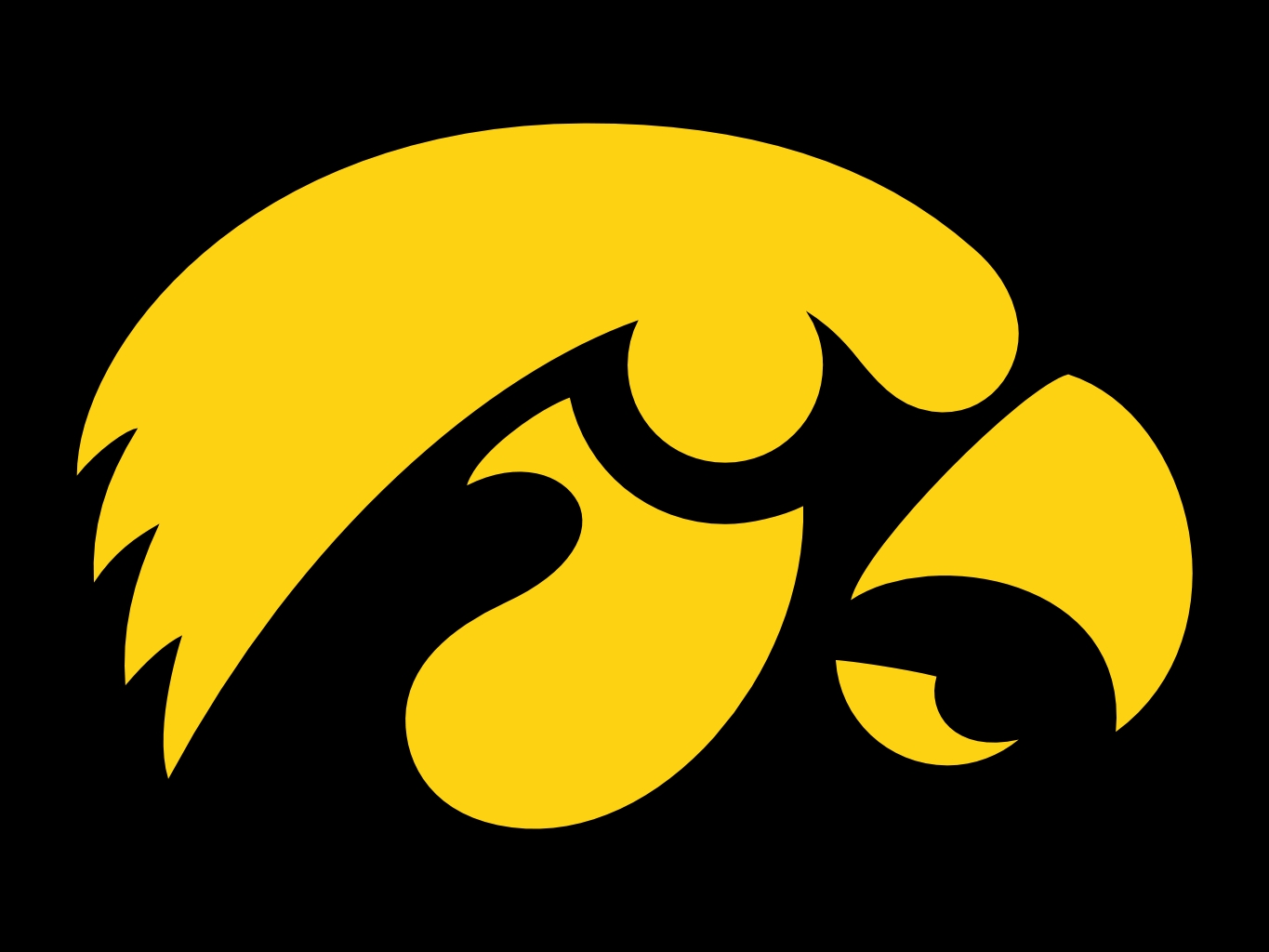At the beginning of this year there was a lot of talk about the Heat or even the Lakers challenging the Bulls 72-10 record. Only the surprising Spurs are left to even give it a run and they look like they'll probably end up short. How special were the 1995-96 Bulls of my childhood? How do they compare to other regular season teams? Fortunately we can use some of the random chance methods to find this all out in sports specific way.
In the NFL the better team wins about 79% of the time. That chance that the best team ends up 16-0 (like the 2007 New England Patriots) is just .79^16, or 2.3% of the time.
In the MLB and NBA we resort to a binomial distribution, with the mean and standard deviation being determined again by variance analysis (MLB wins 60%, NBA wins 77%).
In the NBA the best team then averages 63.1 wins, with a standard deviation of 3.8. In the MLB the average is 97.2, with a standard deviation of 6.2. That gives us the following probabilities for some all time great teams.
1906 Chicago Cubs (116-32): <.0001
2001 Seattle Mariners (116-42): .0014
1995-96 Chicago Bulls (72-10): .0102
2007 New England Patriots (16-0): .0230
1985 Chicago Bears (15-1): .1147
(Remember, this is the probability the best team in a season achieves this record)
A couple things clearly stand out here. First, Chicago teams are the best, but we knew that already. Second, baseball records clearly stand out more. There may be an increased variance in baseball, but it also might have to do with having effectively two leagues and over 100 seasons already. Finally, some records that appeared very impressive turn out not to be so. We should expect 16-0 teams every 40 years or so. Heck, even 72-10 is definitely repeatable. As Cubs fans all over would tell despairing teams (correctly in 1906) just wait 'til next year.


